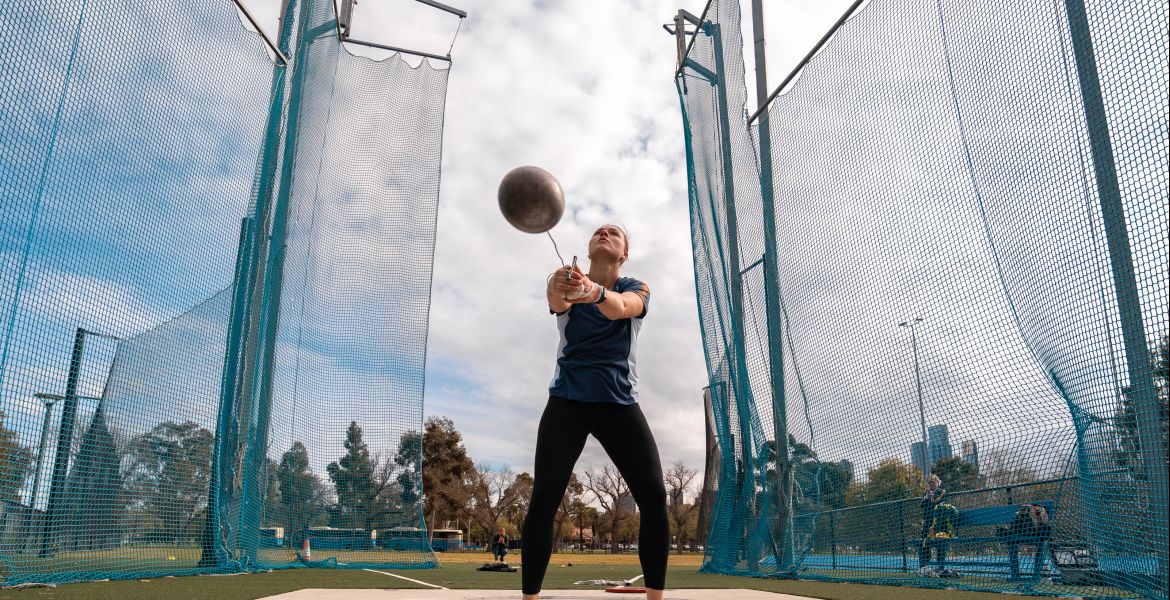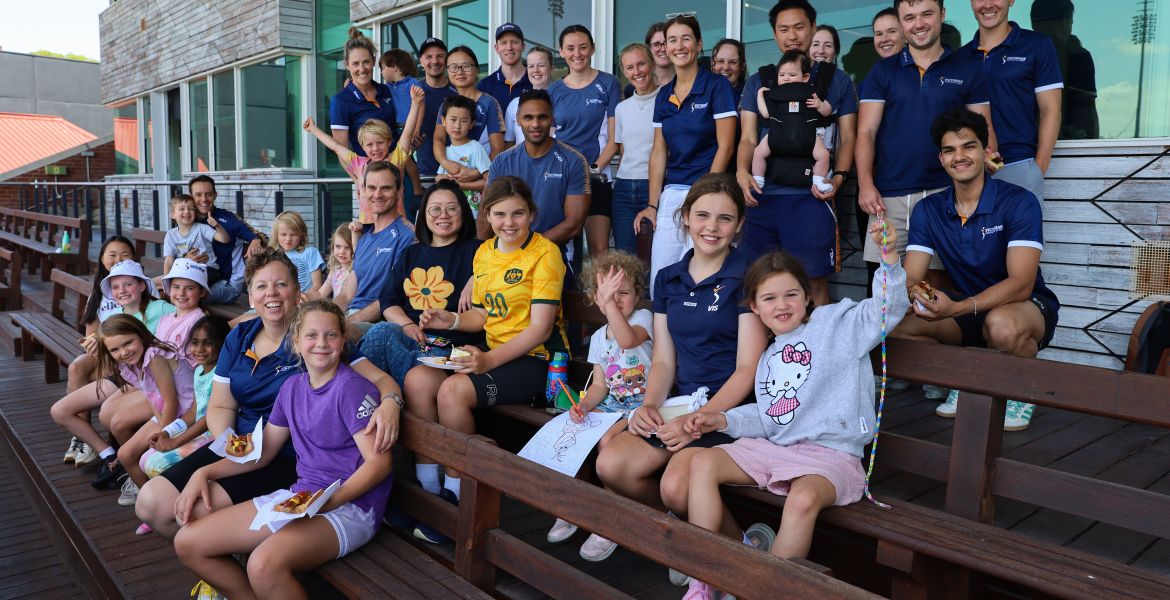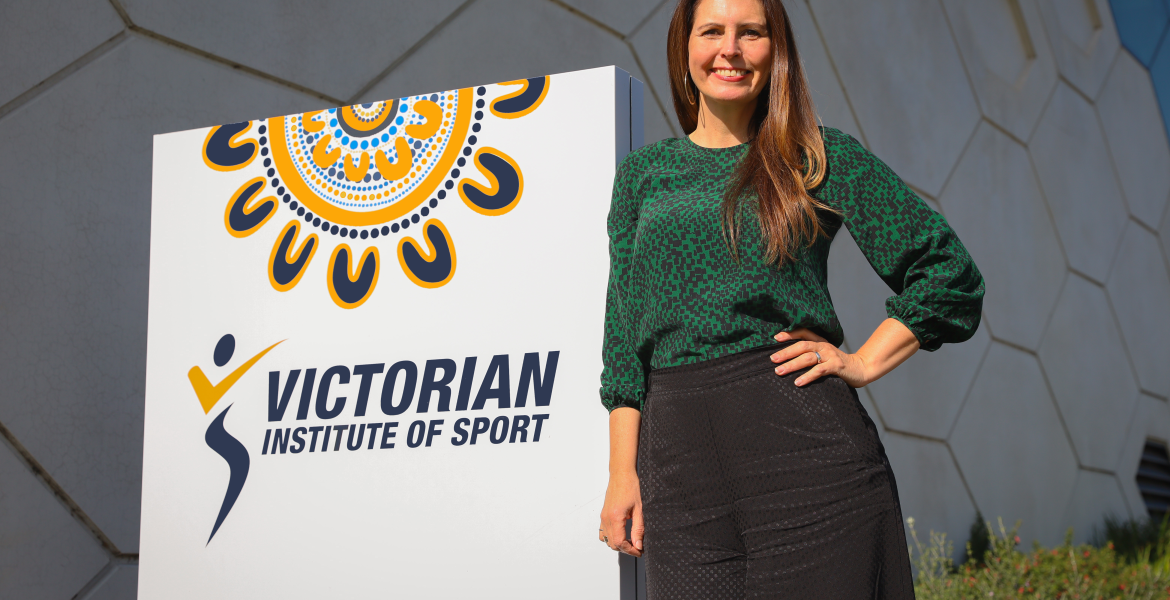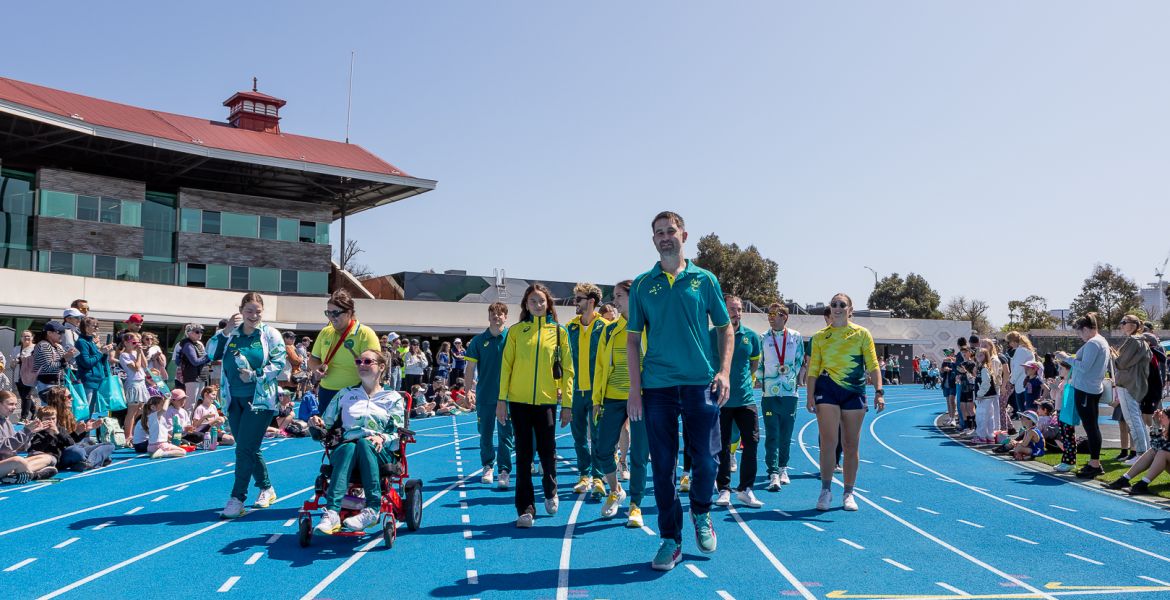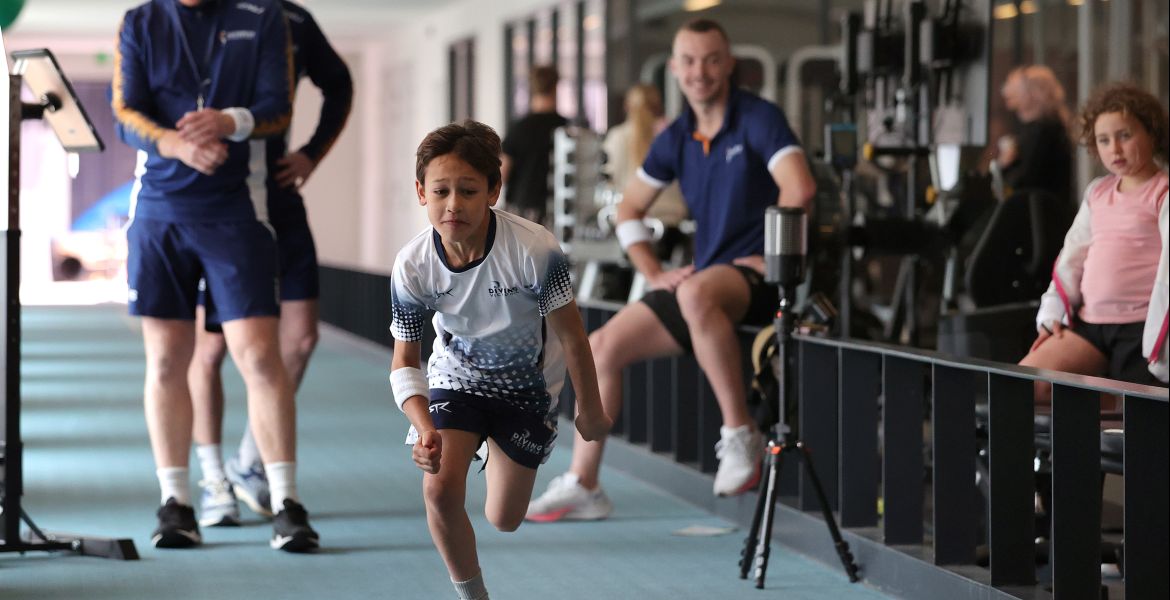This week is International Men’s Health Week and provides a great opportunity to grow our understanding of the health issues impacting men. It creates an opportunity to explore the unique challenges men face in managing their physical and mental health and to promote strategies that break down barriers to good health.
Did you know…
- Men’s life expectancy is on average 4.4 years shorter than women’s
- Men take their own lives at 4 times the rate of women, equating on average to 5 men a day dying from suicide in Australia
- Men are less likely than women to see their GP, let alone a mental health professional.
Why?
The familiar story is that men are traditionally raised with core beliefs and values around masculinity and stoicism. They are encouraged to believe that admitting a need for help is a weakness and a failing. Leaps and bounds have been made in breaking down these myths and in providing safe places for men to express emotions and seek help.
While acknowledging we are not going to change deeply ingrained generational expectations and behaviour overnight, significant progress has been made in the last 10-15 years. The breaking down of stigma around psychological health is relevant across gender, culture and community and there is still much work to be done.
Every good conversation around physical and mental health is a step in the right direction..
VIS Performance Psychologist Daniel Dymond provides some expert comment and sound advice around managing mental health:
How can we encourage men to look after their health and be effective help seekers?
Encouraging help seeking is an evolving piece of work. It will never be finished but can be encouraged through role models or people with high profiles being able to share their stories or not just their struggles but also their solutions.
Why is there a stigma around men seeing psychologists?
Well, this is a question with that would take multiple Phds to answer. I can provide two thoughts on the matter; First is a social one: there is no doubt that for multiple generations, in many (but not all) cultures, there has been a different level of acceptance in terms of males and females in expressing their emotions.
Needless to say that males are more likely told (implicitly or explicitly) from a young age to not show emotion. You can imagine that if supression if taught as a strategy, then why would men go an express themselves to anyone? let alone a psych. By contrast,, in general, females are less likely to encouraged to suppress emotions. However this might result in different issues down the line.
Everybody's mental health has been challenged by the lockdowns and insecurities of the global pandemic. How have you been helping elite athletes deal with the psychological stressors over the last year?
I have to say I have been impressed (but not surprised) by the athletes’ resilience and persistence throughout the pandemic. In particular, how well they have dealt with the multiple lockdowns. That’s not to say there haven’t been struggles, rather how well they’ve coped with the struggles. The most common theme that I have been helping them with is the ability for them to trust their competence they’ve built over many years and knowing that they will be ready come Olympic/Paralympic Games, despite not having many (if any) recent international competitions.
As we emerge from what we hope will be the worst of it, questions, concerns, and anxieties remain. How do we all move forward?
This is a simple answer, but not always as easy as it sounds. Control what we can, accept what we cannot, and be able to discern the difference between the two.
Thanks Daniel! Very sound words of advice. Clearly, good health is about being the best you can be in your situation. It is vitally important to prioritise your physical, emotional, and social health by staying connected and seeking support early if something is wrong, from a team of people who care about you and your wellbeing.
If at any time you are worried about your psychological wellbeing or the wellbeing of someone you know, there is always help available through:
- Your GP
- A mental health specialist such as a psychiatrist, psychologist, counsellor or social worker
- CFA Wellbeing Support Line – 1800 959 232, Member Assistance Program or other CFA wellbeing services
- Lifeline– 13 11 14
- GriefLine – 1300 845 745
- Beyond Blue – 1300 224 636
- The Australia Centre for Post-Traumatic Mental Health – (03) 9035 5599
About Daniel Dymond (MAPS MAppPsych BA(hons) BSc(hons)
Daniel is one of Australia’s most progressive performance psychologists. He is committed to assisting athletes fulfil their potential through cultivating a performance mindset that stands up to the rigours of elite sport.
Daniel works in performance everyday, and understands the pressures and opportunities that occur in these intense, unique environments. He is well positioned to help athletes perform in moments that matter; bringing their attention, energy, and commitment to actions inline with performance.
Daniel combines up-to-date neuroscience and psychology with performance strategies used by the most successful athletes and coaches and delivers this in an energetic, creative and easily digestible way.
Daniel received both his honours in psychology and postgraduate Masters in Applied Psychology (sport) from the University of Queensland, Australia. He also holds an honours degree in Sport Science from Exeter in the UK.
Click HERE to learn more about Daniel.


